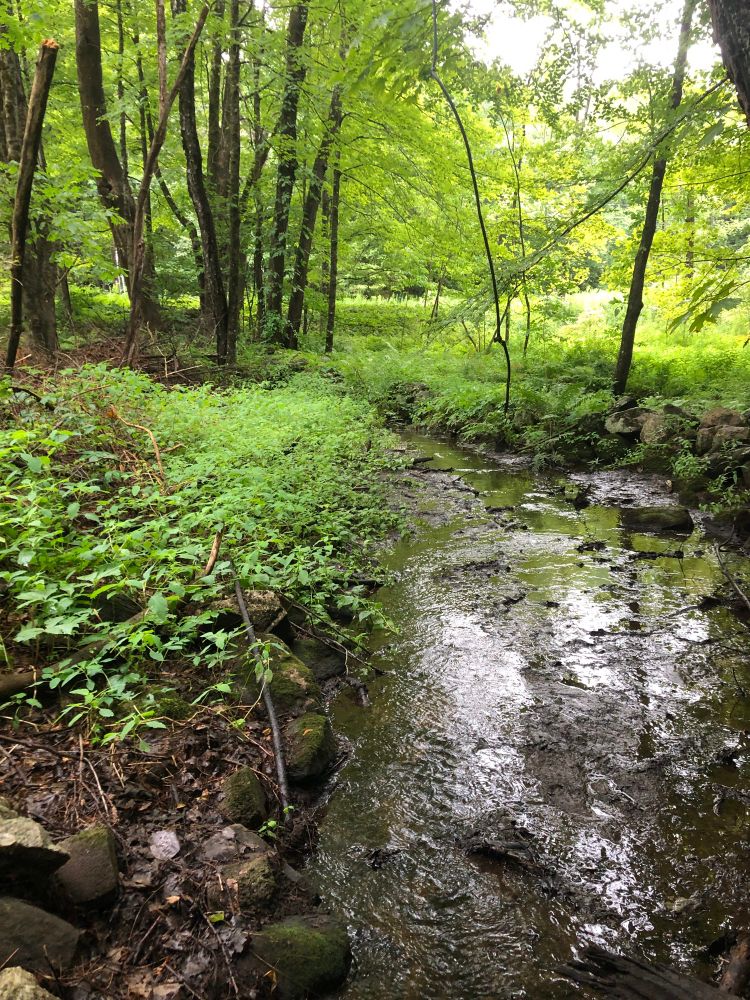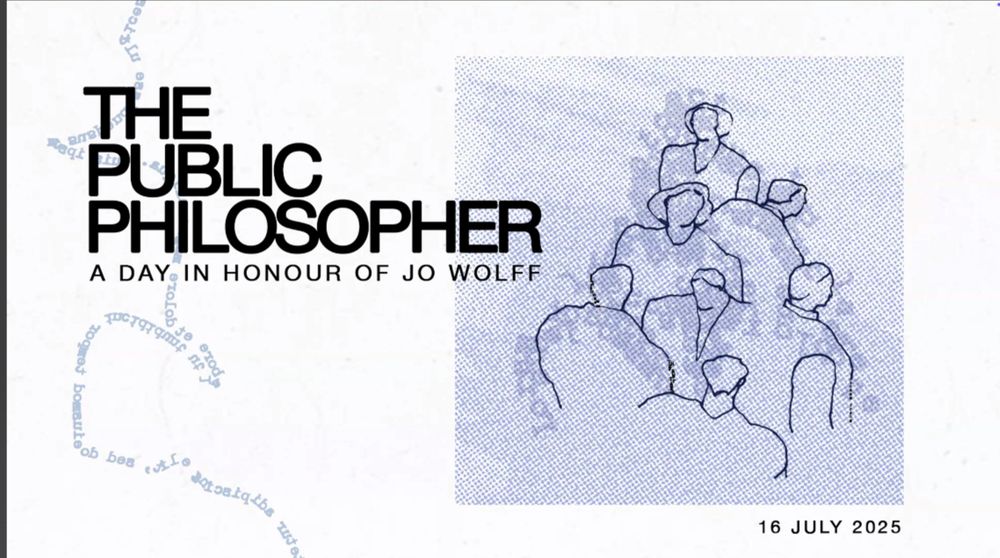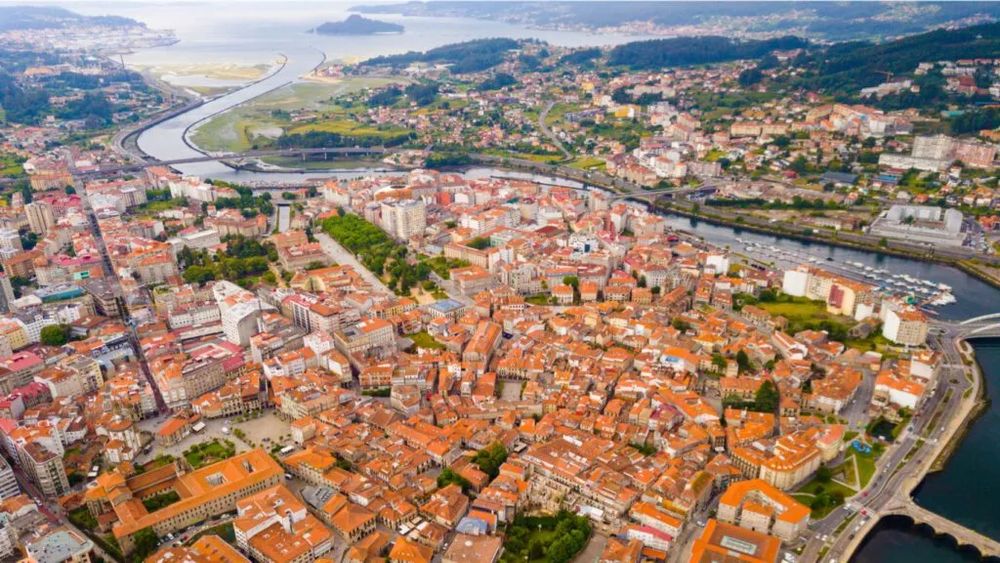AFFINITY
@affectinthecity.bsky.social
110 followers
350 following
33 posts
Affect In the City (AFFINITY): The Emotional Dimensions of Urban Justice. Posting updates and lit reviews on philosophy, cities & affect.
MSCA/YUFE4Postdocs EU-funded project (25-28)
📍Antwerp
Views my own: @lopezcantero.bsky.social
#philsky
Posts
Media
Videos
Starter Packs
Pinned
AFFINITY
@affectinthecity.bsky.social
· Aug 22

Gentrification, migration, and non-material injustice
Gentrification can harm residents at a personal and emotional level, even when they are not physically displaced. Recognising these non-material harms as a source of wrongful ‘phenomenological disp...
www.tandfonline.com
Reposted by AFFINITY
Reposted by AFFINITY
Reposted by AFFINITY
Owen Garling
@ojgarling.bsky.social
· Sep 1
Reposted by AFFINITY
Tim Altmann
@timaltmann.bsky.social
· Aug 24

Dear Britain, it’s now clear: 20mph zones save lives and don’t slow traffic. Implement them | Sadiq Khan
There is too much bluff and bluster on this subject. Ordinary people just want safe streets for themselves and those they love, and we can achieve that, says London mayor Sadiq Khan
www.theguardian.com
AFFINITY
@affectinthecity.bsky.social
· Aug 22

Gentrification, migration, and non-material injustice
Gentrification can harm residents at a personal and emotional level, even when they are not physically displaced. Recognising these non-material harms as a source of wrongful ‘phenomenological disp...
www.tandfonline.com
AFFINITY
@affectinthecity.bsky.social
· Aug 19

Petition: Mandate funding of active travel provision as part of any transport projects
In light of the Chancellor's recent announcement of funding for transport infrastructure, we call for new legislation mandating funding for active travel provision alongside funding for transport proj...
petition.parliament.uk
Reposted by AFFINITY
Reposted by AFFINITY
AFFINITY
@affectinthecity.bsky.social
· Jul 28

'There's an arrogance to the way they move around the city': is it time for digital nomads like me to leave Lisbon?
Like so many others, I moved from London to Portugal’s capital for the sun, lifestyle – and the tax break. But as tensions rise with struggling locals, many of us are beginning to wonder whether we’re...
www.theguardian.com
Reposted by AFFINITY
Reposted by AFFINITY
AFFINITY
@affectinthecity.bsky.social
· May 11
AFFINITY
@affectinthecity.bsky.social
· May 11
AFFINITY
@affectinthecity.bsky.social
· May 11
AFFINITY
@affectinthecity.bsky.social
· Mar 21
Reposted by AFFINITY














